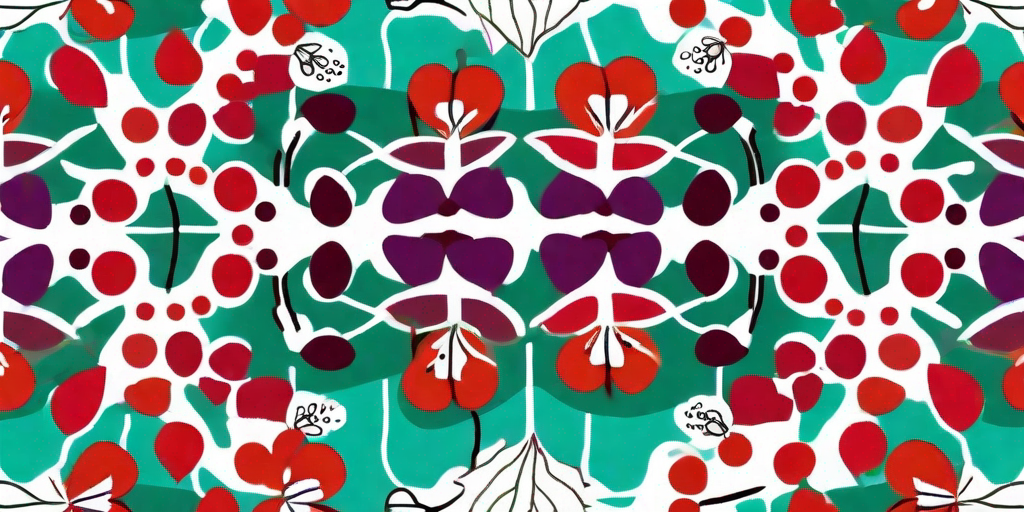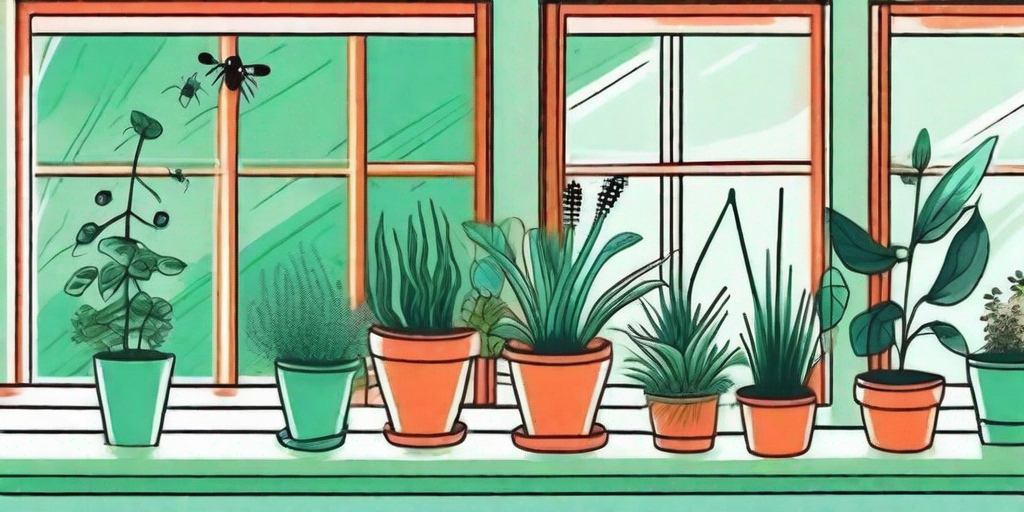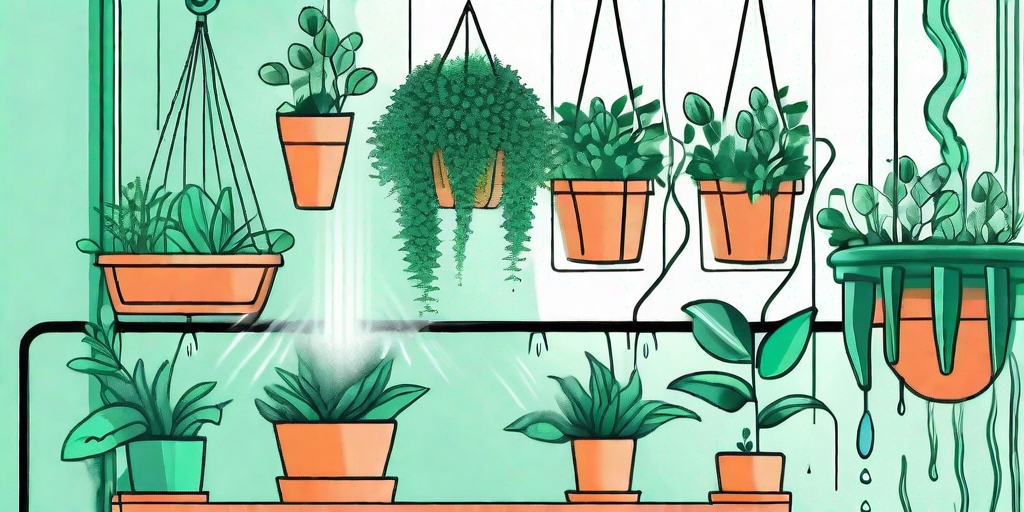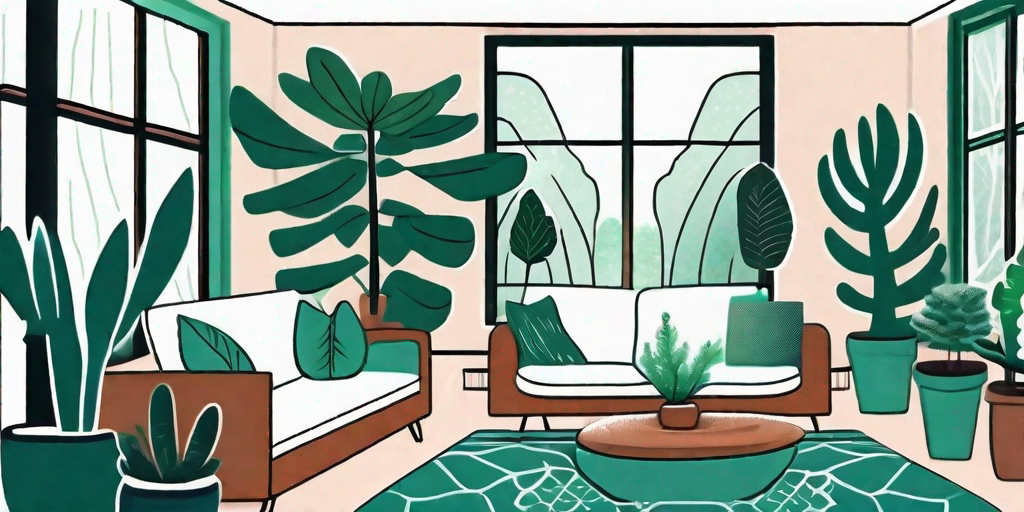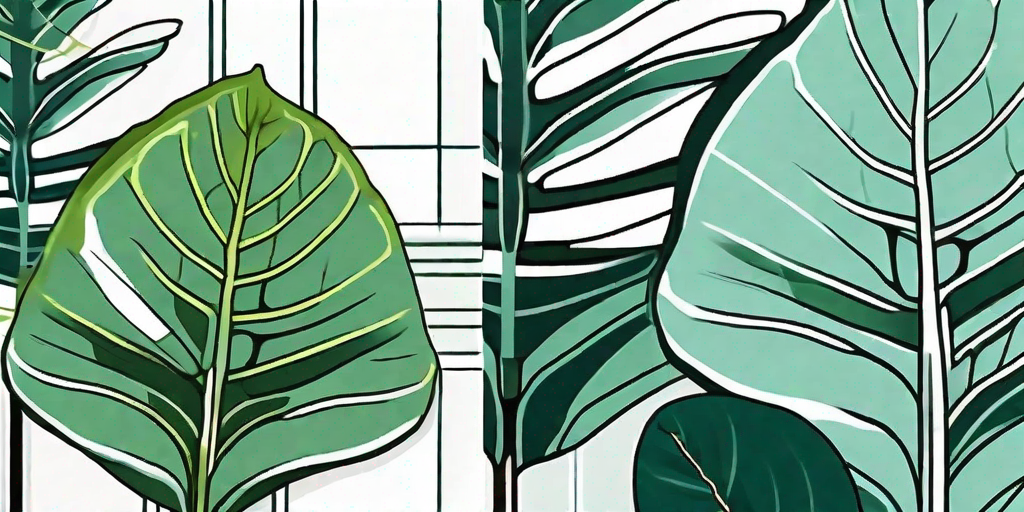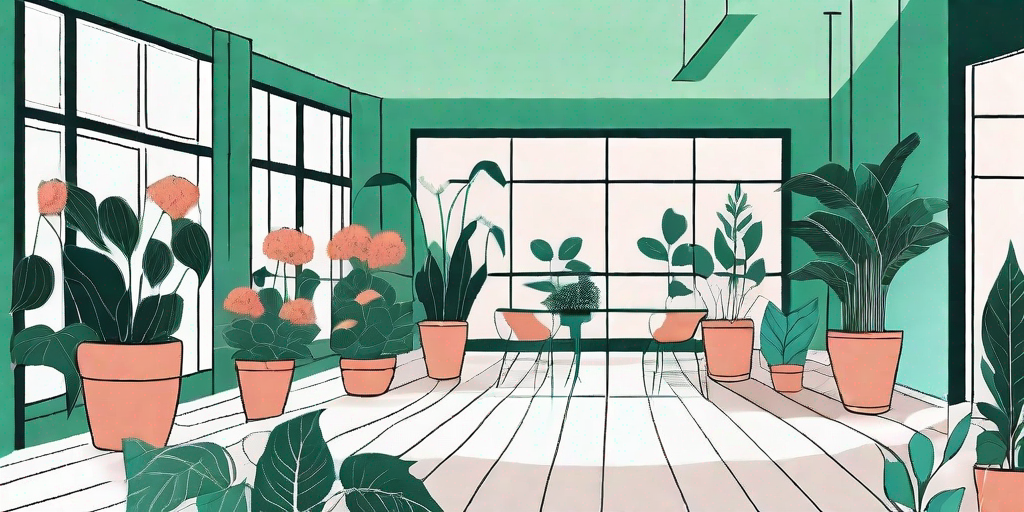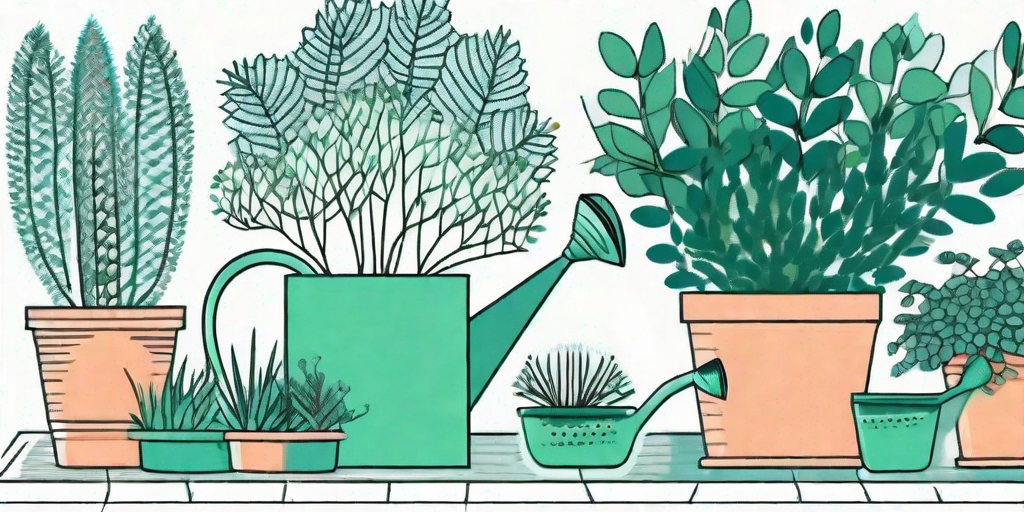
African Violets, known scientifically as Saintpaulias, are a popular choice among indoor plant enthusiasts. Their vibrant blooms and lush foliage can brighten up any room. However, like any plant, they can fall prey to pesky aphids. But fear not, dear reader! By the end of this piece, you'll be armed with all the knowledge you need to keep your African Violets healthy and aphid-free.
The Aphid Menace
Aphids, those tiny, sap-sucking villains, are a common pest for African Violets. They're small, but don't let their size fool you. These little buggers can cause significant damage to your beloved plants. They feed on the sap of the plant, causing the leaves to curl and yellow, and the flowers to wilt and drop prematurely.
But wait, it gets worse! Aphids also excrete a sticky substance known as honeydew, which can lead to the growth of sooty mold. This not only looks unsightly but can also hinder photosynthesis, further weakening your plant. If you're not careful, an aphid infestation can spell doom for your African Violets.
Identifying Aphids
Before we dive into the nitty-gritty of aphid control, it's crucial to know what you're dealing with. Aphids are tiny insects, usually less than 1/8 inch long. They come in a variety of colors, including green, yellow, black, brown, and even pink. If you see a cluster of these tiny insects on your African Violets, you've got an aphid problem on your hands.
Another tell-tale sign of an aphid infestation is the presence of honeydew. This sticky substance can often be seen on the leaves and surrounding areas. If you notice a black, sooty mold growing on the honeydew, it's high time to take action.
Keeping Aphids at Bay
Regular Inspection
Prevention is better than cure, as the old saying goes. Regularly inspecting your African Violets can help you catch an aphid infestation early, before it gets out of hand. Look for signs of aphids, such as curled leaves, yellowing foliage, and the presence of honeydew.
Remember, aphids love to hide on the undersides of leaves. So, don't forget to check there too. If you spot any aphids, take action immediately to prevent them from spreading to your other plants.
Proper Watering and Fertilization
Aphids are attracted to plants with high nitrogen levels, often a result of over-fertilization. So, be careful not to overdo it with the fertilizer. Stick to a balanced fertilizer and follow the recommended dosage.
Overwatering can also make your African Violets more susceptible to aphids. These plants prefer well-drained soil, so make sure you're not leaving them sitting in water. Allow the soil to dry out slightly between waterings to discourage aphid infestation.
Natural Predators
Did you know that aphids have natural enemies? Yes, indeed! Ladybugs, lacewings, and certain types of wasps feed on aphids. If you have an outdoor garden, consider attracting these beneficial insects to help control the aphid population. However, if your African Violets are strictly indoor plants, this might not be a viable option.
DIY Aphid Sprays
There are several DIY sprays that you can use to combat aphids. A simple mixture of water and dish soap can be quite effective. The soap dissolves the protective coating of the aphids, causing them to dehydrate and die. Remember to rinse the soap off your plants after a few hours to prevent any damage.
Another option is a homemade garlic spray. Garlic is a natural insect repellent and can deter aphids from your plants. Simply blend a few cloves of garlic with water, strain the mixture, and spray it on your plants. Be sure to test a small area first to ensure it doesn't harm your African Violets.
FAQs
- Can aphids kill my African Violets? Yes, if left unchecked, an aphid infestation can severely weaken your plants and potentially lead to their death.
- How often should I inspect my plants for aphids? It's a good idea to inspect your plants at least once a week. The sooner you catch an infestation, the easier it will be to control.
- Can I use chemical insecticides to control aphids? While chemical insecticides can be effective, they should be used as a last resort. Many of these products can be harmful to beneficial insects and the environment.
Conclusion
While aphids can be a nuisance, they don't have to spell disaster for your African Violets. With regular inspection, proper care, and a few DIY sprays, you can keep these pesky pests at bay. So, roll up your sleeves and show those aphids who's boss! Your African Violets will thank you.
Remember, every plant parent faces a few challenges along the way. But with a little patience and perseverance, you can overcome any obstacle. Happy gardening!



